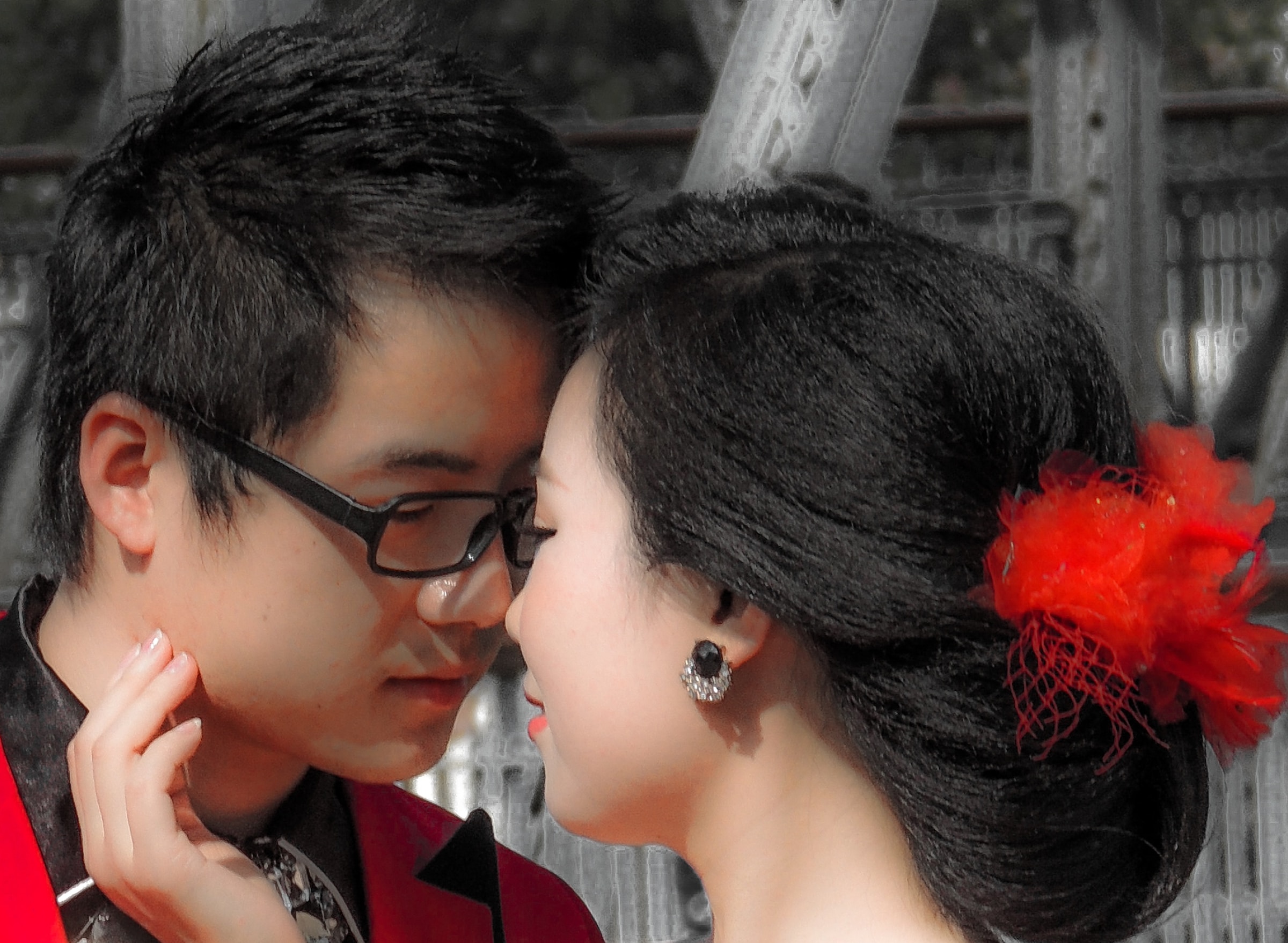[ez-toc]
China’s Marriage Act, as outlined in the Civil Code, has come under scrutiny for its stipulation that marriage is exclusively reserved for unions between a man and a woman. This provision effectively excludes same-sex couples from the institution of marriage, highlighting a contentious issue surrounding the recognition and legal rights of LGBTQ+ individuals within the country.

Marriage Law of the People’s Republic of China
Article 1 This Law lays the basic principles for marriage and family relations.
Article 2 A marriage system based on freedom, monogamy and equality between man and woman shall be implemented.
The lawful rights and interests of women, children and old people shall be protected.
Birth control shall be practiced.
…
Marriage Law’s Traditional Stance: Upholding Conventional Views on Marriage
The foundational principle of the Marriage Act in China is centered on the conventional definition of marriage as a union between opposite-sex partners. However, this stance clashes with the growing global movement towards recognizing the rights of LGBTQ+ individuals. By not acknowledging same-sex marriages, China’s marriage law fails to grant legal recognition to these unions and denies couples access to the rights and benefits enjoyed by their heterosexual counterparts.
Clash of Marriage’s Core Purpose and Perception of Same-Sex Relationships

Please follow us on Facebook.
The prevailing sentiment of conservatism is often entrenched by cultural norms and moral beliefs, epitomized by the saying “Unfiliality is three, no posterity is great.” This adage underscores the strong emphasis on familial duty and the continuation of lineage within the society. The inability of individuals in same-sex relationships to procreate is perceived as an affront to these values, leading to a sense of ingratitude. Additionally, there exists a widespread lack of understanding regarding homosexuality, its origins, and underlying factors.
Impact Beyond Couples: Strain on Families
Misconceptions around homosexuality are not uncommon and can stem from simplistic, stereotypical associations. For instance, Once you have stereotypical thinking about homosexuality (I saw a panda eating bamboo, therefore panda’s food must be bamboo), serves as a metaphor for narrow-minded thinking. In a context where same-sex relationships lack universal recognition, the repercussions extend beyond the direct parties involved. Public pressure bears heavily on individuals in these relationships, while the broader impact is felt by their families, who grapple with considerable psychological strain.
Void in Legal Acknowledgment of Same-Sex Cohabitation: Lack of Inheritance, Property Rights, and Social Services Benefits

Further compounding the issue is the non-recognition of cohabitation relationships between individuals of the same sex. Unlike heterosexual couples, who might benefit from legal recognition in various aspects of life such as inheritance, property rights, and access to social services, same-sex couples find themselves excluded from such considerations due to the lack of legal acknowledgment.
Legal Disparities and Medical Implications: Unequal Access to Legal Protections in Critical Times

One of the tangible consequences of this exclusion is evident in the medical realm. The inability of same-sex partners to be recognized as legal spouses under the marriage law creates hurdles in accessing crucial medical rights. For instance, the inability to sign hospital notices for a sick partner showcases a practical limitation that directly affects the well-being of LGBTQ+ couples. This situation underscores the broader issue of unequal access to legal protections and rights, which can exacerbate challenges faced by same-sex couples during critical times.
Faint Hope Within the Civil Code: Intentional Guardianship – Designating Guardians for Emotional and Financial Support
A glimmer of protection for homosexuals within China’s legal framework can be found in the Civil Code. Notably, the principle of intentional guardianship takes precedence over legal guardianship. This principle serves as a beacon of hope for homosexuals seeking some degree of legal protection. By prioritizing the intentions of individuals to appoint guardians, the Civil Code potentially enables homosexuals to designate individuals who are not necessarily legally recognized family members as their guardians. This provision could extend a form of protection, particularly for those who might not have traditional familial relationships.
For homosexual couples who might not enjoy legal recognition as spouses or immediate family members, intentional guardianship provides a mechanism to legally appoint and protect individuals who hold significant roles in their lives. This can include partners, close friends, or other individuals who provide emotional support, share financial responsibilities, and contribute to various aspects of their lives.
Limitations of Intentional Guardianship: Variability in Effectiveness and Interpretation

Sign up for more LGBTQ+ news and updates at TrueQueer.
However, it’s important to note that intentional guardianship, while a promising avenue, is not a comprehensive solution. The scope of protection it offers may not encompass the full spectrum of rights and privileges that heterosexual couples might enjoy through recognized legal relationships. The application of intentional guardianship to the LGBTQ+ community is still relatively untested and may vary in effectiveness based on individual cases and interpretations by legal authorities.
Global Trends vs. China’s Stance: China’s Position Raises Concerns About Human Rights Commitment
Comparatively, many countries have taken steps towards recognizing same-sex marriages and providing legal protections for LGBTQ+ couples. These nations recognize that extending marriage rights to all citizens enhances social cohesion and reflects a commitment to equality. China’s current stance places it in contrast to these global trends and raises questions about its commitment to human rights and the well-being of all its citizens.
![]()

![[Insights Into Governance] The Silent Struggle: 3 Disturbing Aspects of China’s Marriage Act Unveiled in Light of Inequality [Insights Into Governance] The Silent Struggle: 3 Disturbing Aspects of China’s Marriage Act Unveiled in Light of Inequality](https://truequeer.com/wp-content/uploads/2023/09/ha-nguy-n-2LR-K_esuW0-unsplash-2-1638x2048.jpg)